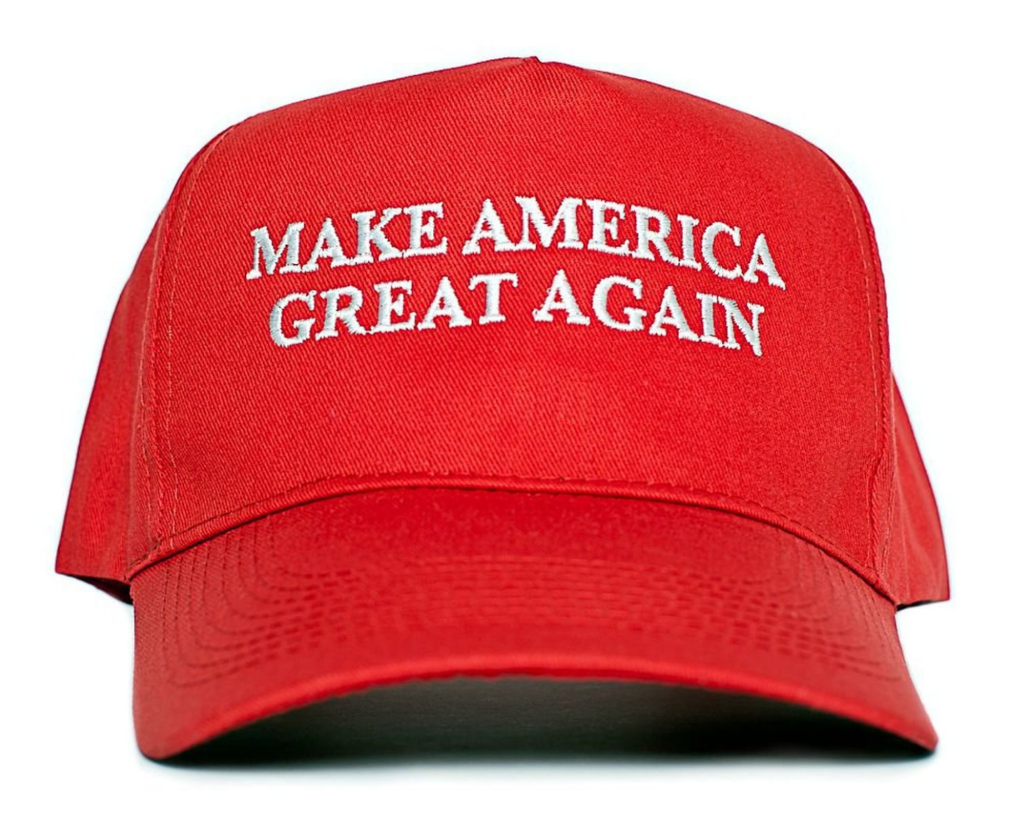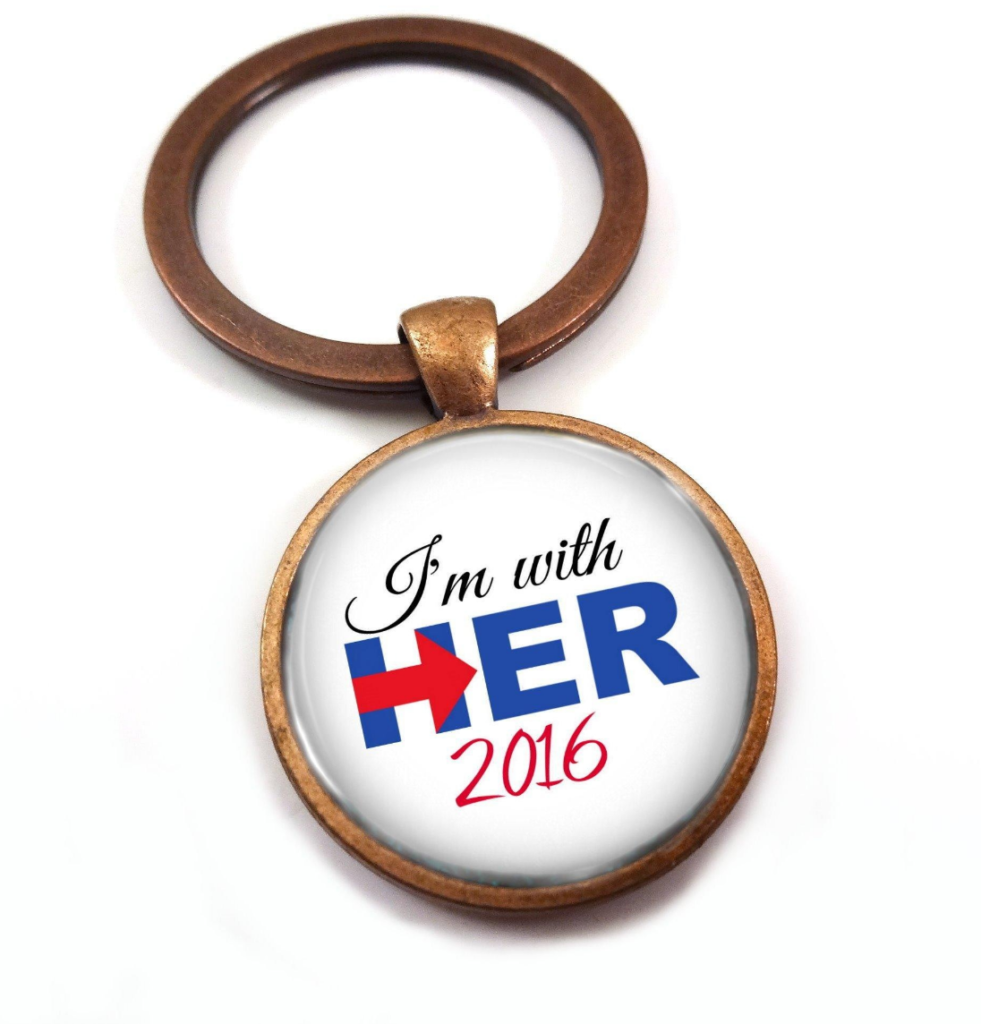That isn’t your identity.
Stop letting people label you based on what you believe.
Earlier today I listened to a discussion between two guys about a certain cultural/political movement that is seeing a rise of late. One person identified himself with the movement, but his friend did not, claiming something to the effect of “I certainly agree with many tenets of the movement and consider myself an ally to it in many ways, but I try to avoid labels.”
“…I try to avoid labels.”
Is this fair, or is it a cop-out? Can one avoid labels? What does that even mean?
I believe that this not only a fair comment, but a healthy one. First, however, it is important to understand why this is such an important question today by examining, at a social level, why labels are important, how we seem to have gotten a bit carried away and sloppy about them, the pressure society puts on the individual to conflate labels with true identity, and why that is dangerous.
Finally, I’ll argue that the way we label ourselves – as with any other signalling we do as individuals to the groups we’re a part of – are something worth staying conscious of and, if we want to stay open to dynamic conversations and experiences, should be something we keep generic and non-committal.
I. Some labels are important – others aren’t.
What is a Label (in the context of this essay)?
Human identity is a complex, multi-dimensional idea. Beautiful though a deep sense of identity may be, in most real-life situations, the vast majority of people around us neither have the time nor the will for deep engagement from the first minute of meeting us.
We’ve, therefore, evolved with a nuanced set skills that enable us to craft a much more narrow version identity to project into the social space. I show a different version of myself to my parents than my coworkers, girlfriend, or barista.
We adopt labels to signal to people about how they should interact with us. These signals help people organize their environments and prioritize the people they want to interact with.
Formal Labels are generally useful.
Some labels are quite useful to us.
For example, in a professional sense, I am the Director of Product for the company that I work for. By identifying with this label in the appropriate channels – on business cards, my linkedin profile, spoken words as I shake someone’s hand at a conference – I’m helping people understand that if they need to have a conversation about my company’s product, I’m the one to talk to. This is a formal label that is directly related to a specific set of responsibilities that I have, and if those responsibilities change, the label will as well.
Other formal labels have to do with either legislative status (such as marriage, family, or citizenship) or physical, relatively immutable facts about our corporal selves (such as our gender, race, or ethnic background).
The importance of these labels varies based on the context of the situation. At my family’s annual Christmas Eve party, “Becker,” my last name, is a useful label, but Director of Product really isn’t. Likewise, my maritial status doesn’t matter a whole lot at my job, but is an important piece of information at the tax office.
In liberal, democratic societies, we traditionally have the goal of downplaying the importance of certain labels (like gender, race, ethnicity), but not others (like age). The importance of other factors, like citizenship, marital status, or (socioeconomic) class status, is still contested by those of different political persuasions.
Informal Labels are more troublesome.
There are also a host of informal labels that we use in society. These labels tend to fall into two categories:
1. Aspirational- or Amateur- Labels
I had an argument recently with a friend that identified himself on a professional document as a “Designer and Storyteller.” The problem? He has about 15 years of experience as a professional designer, but used the word Storyteller because it is currently an industry buzzword. He tells stories, but he is not a professional storyteller, and putting the two labels next to each other implies an equity that is, in reality, absent. Where did he go wrong? He conflated context: he used the informal label of (Storyteller) in a formal setting (a professional document).
2. Belief- and Affinity- Labels
I can either tell you that “I like sushi” or that “I am a sushi lover.” We can say “I like Apple products,” or “I am an Apple person.” “I sympathize with feminist views” or “I am a feminist.” “I believe personal liberty is important,” or “I am a Libertarian.” “I like the Democratic Party’s platform” or “I am a Democrat.”
Informal labels feel useful, but the nature of their informality means it is impossible to be sensitive to context. When society around us gets sloppy, or the mob behind the movement shifts to a new direction, it creates problems for the individuals that have chosen to adopt the label.
Specifically, this essay is to discuss the problems inherent with the Belief-based Informal Labels: the problems we run into when we choose to label ourselves – and, thus, project our identities as determined by – the things we like or believe.
(There are some contested categories here as well, the most significant being sexual orientation. Some believe it is a choice, which would make it an Informal Label, while others contend that it is something you’re born with, which would make it a Formal Label. Interesting though it is, it isn’t particularly relevant to this essay.)
II. Society puts pressure on individuals to conflate Belief-Based Informal Labels with true identity.
It’s important for us to remember that we live in a culture where forces actively, strategically, trying to brainwash us everyday.
Many in the psychological field argue that most of the tendencies found in behavioral psychology are the result of humans evolving as social creatures. Our relatively weak, fragile, and slow bodies give us little advantage as individuals – it was our ability to work together in groups that enabled humans thrive.
Psychologists like Jonathan Haight believe that many of our physical attributes evolved to help us function in groups. Our brains’ large pre-frontal cortex enabled use to express and interpret abstractions though language. The whites of our eyes enabled us to understand where other people were looking, and our mirror neurons and chemical elements in our brains help us understand and empathize with one another.
These skills, Haight argues, may have primarily evolved to provide a social function: for the group to thrive, it is critical to identify who can be trusted and who cannot. In his book The Righteous Mind, he discusses the importance of signalling one’s morals for inclusion in a group.

These pro-choicers in Austin love expressing their group identity so much that they got matching orange shirts to make in-group / out-group identification easier. It looked like a pep-rally.
Most of our behavior day to day is based far less on rational decision making than our motivation to be accepted by the people around us. Even the most introverted among us want to be included in the groups we like, and relish in creating rivalries against others.

In the abortion debate – like most political debates – both sides get the moral high-ground.
(Also, don’t worry – the pro-lifers came back the next day all with blue shirts – they are not above pep rallies either.)
Professions are built on our obsession with expressed identity.
That we are drawn to signal our values to the community around us is not lost on the advertising community. Psychologists like Haight are starting to put into books what advertisers have been talking about for years: our (figurative) head may try to think about things rationally, but our gut pulls us in the direction of decisions that help us project the qualities, values, and morals of groups we wish to belong to.
In good advertising, a product is not sold based on its features. Instead, a beautiful world is created for a slightly idealized protagonist that expresses the values of the target market. The product being sold is a part of this idealized world, inviting the target customer to take one step closer toward the life she wants with a simple purpose.
This is why yogurt commercials are full of attractive women in their 30’s that are good moms and regularly do yoga. Its also why Budlight and Stella Artois can be virtually indistinguishable in taste, but we all know that one projects its drinker as a down-to-earth everyman and the other as a refined beer drinker.

Down to earth people who love their friends pick their noses, watch sports, get bored at work, swear, and get yelled at by their spouses. and dream of building houses out of Budlight so their friends can hang out.
The reason this type of advertising is so successful is because it concentrates on the people engaging the product rather than the product itself. The product is a part of the person’s expression of true identity.
Does it work? Go to a small-town Texas bar and order a Stella Artois and let me know.
Politicians and Special Interests learn that belief-based identities drive engagement.
The political right in the United States got on the train with its “Southern Strategy” which – more or less – turned all southern “Dixiecrats” into Republicans over the course of an election. They simply decided to stop being a party about, well, whatever their platform was, and started being the party for Christians, real Americans, and families.*
*Good choices – there are a lot of those in the American electorate!
The political left was pretty late to the party. They tried to be Liberals for a while (which doesn’t really stand for anything in particular) and stuck to issues for a long time rather than building a unified identity based in values and morals.
Recently, the political left seems to have adopted “identity politics” to combat the success of the US right. The broad constituency seems to be aligning behind a broad idea of social justice which gives both a nod to its history and could be a unifying factor across its minority groups and minority group sympathizers. Still, in practice, it feels like a message based in fragmentation that celebrates diversity rather than unity. This may be more a failure through execution rather than strategy though?
*Liberalism is more concerned with what you don’t do to others, not who you are yourself. Don’t worry, the Libertarians will never be a serious contender as their entire platform is about the stuff they don’t do.
It is commonly understood in the product world that industry segments without a lot of strong product differentiation rely more heavily on clever advertisement. This is why segments with products that are virtually indistinguishable (Coke and Pepsi, Budlight and Miller Lite, Cigarettes, cheap liquors, value car brands) tend to have the highest-quality ad campaigns.
It is no surprise, then, that as our American political parties start to converge in their platforms and merits, their marketing must become more bombastic and polarizing to differentiate.
III. Belief-Based Informal Labels have trashed our ability to have conversations.
“So what? I strongly feel my beliefs, I’m fine being labeled by them!”
Whether marketing goods, services, or political ideologies, an organization always has a stronger position if its constituency doesn’t just agree, but identify with its movement. This creates a strong incentive for organizations to use every tool at their disposal* to get its constituents to label themselves as an informal member of the movement, and we shouldn’t really blame them for it or expect them to stop.
*expensive branding campaigns that focus on identity narrative, faked grass-roots movements, strategic use of the news media, clever slogans, pundits and infotainment channels, religious imagery, attack ads…
The fundamental problem with rampant Belief-Based Informal Labels is their chilling effect on open conversation both at the macro level, and in the conversations we all have day to day.
Adopting a Label – shifting a belief into an identity – changes our behavior in two ways:
First, it unbalances our ability to scrutinize all sides of an argument. When we identify with a set of beliefs, an attach on those beliefs becomes an attack on us! We become susceptible not only to a much stronger confirmation bias not only for facts but people – my stronger affect for someone like me will enhance their credibility in my eyes. This strengthens a group filter bubble: ideologues tend to share information among one another that supports their views, not refute them.
Second, and, perhaps, more caustically, once we’re associated our identity with an idea, social momentum makes us reluctant to change it. As psychologist Robert Cialini describes with his “consistency principle,” we all have an inherent desire to maintain an appearance of consistency to ourselves and the society around us.
This is why labeling somebody a “flip-flopper” is such a crushing blow. We’re not simply being critical of a person’s discreet decision – we’re accusing them as being fundamentally undependable.
It is a rational position. I’m not a career politician (my political identity is not a Formal Identity in the eyes of society), so what I believe on a given issue really has little real-world consequence in my life. What does play an important role to me day to day is the way I’m perceived by the people around me.
That’s why labels – even Informal Labels – so powerful: once we’ve begun to identify ourselves with an ideology, we’ve created barriers for our own ability to think about them in nuanced ways.
B
At the social level, the reliance in informal labels has given rise to the ‘ad hominem’ as a preferable strategy to discussing issues. The line of reasoning is actually quite elegant: when a person identifies as an ideology, any negative aspect of the ideology (regardless of the topic of current conversation) can be read onto the individual in a cartoonish way, then attacked. If you defame me as an individual with a morality that is inconsistent with the members of your team, there is no reason to listen to my reasoning.
This is how we end up with the assertions that all Conservatives are racist, all Libertarians are selfish, Progressives are naive, Feminists hate men, Muslims are violent, and any number of fun over-simplifications.
It is also how we crush discussions before they even begin.
It is time to give up Belief-Based Informal Labels
Informal labels aren’t going away. It is more fun to be a part of a team than to question your own assumptions, and political organizations, Universities, the mainstream and online media, and any other sector that has a good understanding of branding has every incentive to continue rewarding individuals to self-label.
…but while junkfood is both economical, delicious, and the literal manifestation of “happiness” thanks to Coca Cola’s world-class advertising, that doesn’t mean it is good for us as individuals to accept it into our own lives.
The truth is that when we adopt informal labels, we don’t control them – they control us. Their definitions are subject to the ebbs and flows of the cultural zeitgeist, and when we adopt them, we’re allowing the people around us to hold us to an identity composed not of our own views, but of the accepted definition of our Informal Label.
If I identify as a Republican, I am a racist in the eyes of a certain crowd. If I identify as a Libertarian, I am an anarchist in the eyes of a certain crowd. If I identify as both a feminist and a men’s right’s activist, I am just an idiot to most.*
Those of us that have tried to hang on to informal labels have attempted to cope with a string of caveats. “I’m a libertarian, but I believe the government should cover healthcare.” “I’m a feminist, but I don’t hate all men.” “I’m an atheist, but I’m not a ‘New Atheist.'”
This strategy is clunky and, while it can sometimes save us from the hatred of our friends, it doens’t progress conversation.
*While these ideologies can co-exist in complete harmony, and actually complement one another, at the time of this writing, the all-too-human proponents of each ideology have decided to clash rather than coordinate.
Choose to be better
Think about it. The last time you adopted an Informal Belief-based Label, did you really have to? Did something – or someone – coerce you to adopt it, or did you simply adopt it by your own accord to signal to yourself or to someone else that you were a good person?
You don’t owe anything, really, to society. The political party, activist movement, or special interest group that you have sympathy towards may need bodies, but it doesn’t need yours, specifically. There will always be enough other bodies in society to build a mob for the cause.
We owe it to ourselves, our friends, and our families to be intelligent human beings. To step outside the temptation of informal labels so we can have the challenging conversations that help us grow into more rounded, balanced thinkers.






